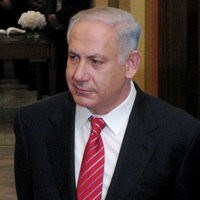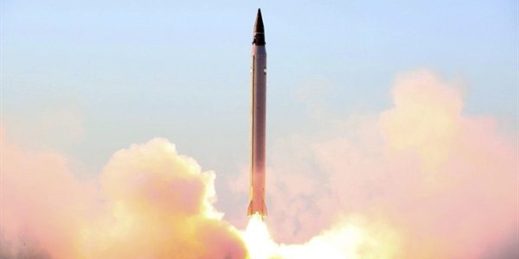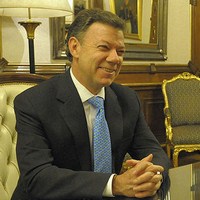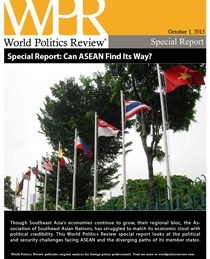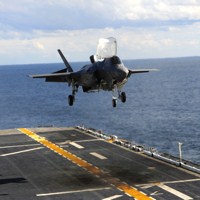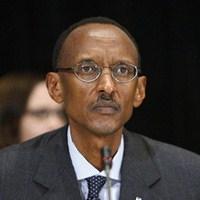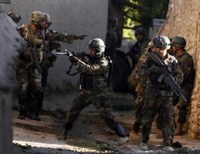
Last weekend’s dispatch of U.S. special operations units on missions into Tripoli, Libya, and Barawe, Somalia, to capture leading terrorist figures, building on earlier operations such as the 2011 mission that led to the death of Osama bin Laden, reflects an ongoing shift in the Obama administration’s willingness to risk U.S. casualties as well as deal with possible diplomatic incidents in order to go after high-value targets in the war on terror. It is a marked contrast to the unwillingness during the Clinton administration, prior to 9/11, to countenance possible losses or to insert American operatives on the ground in […]

